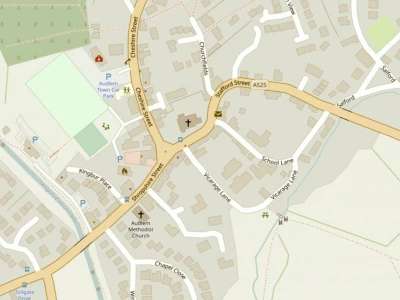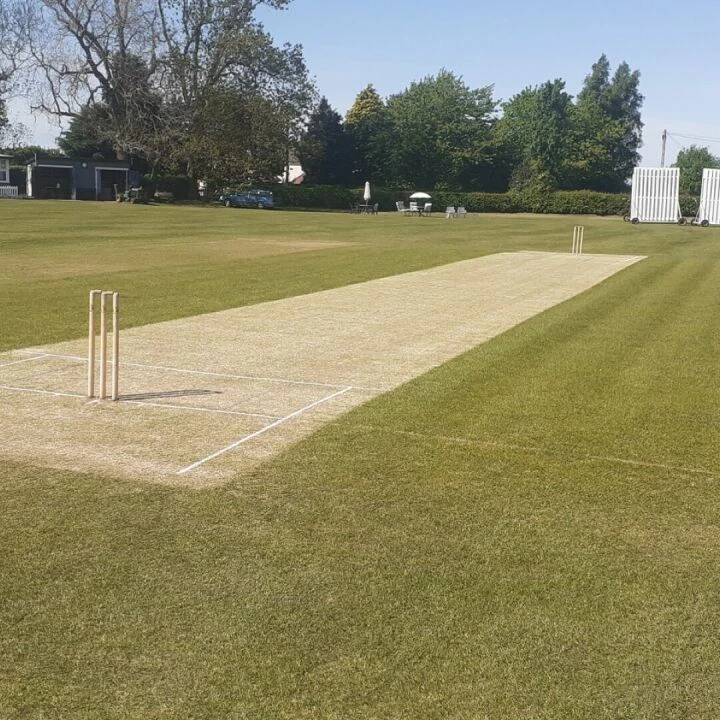
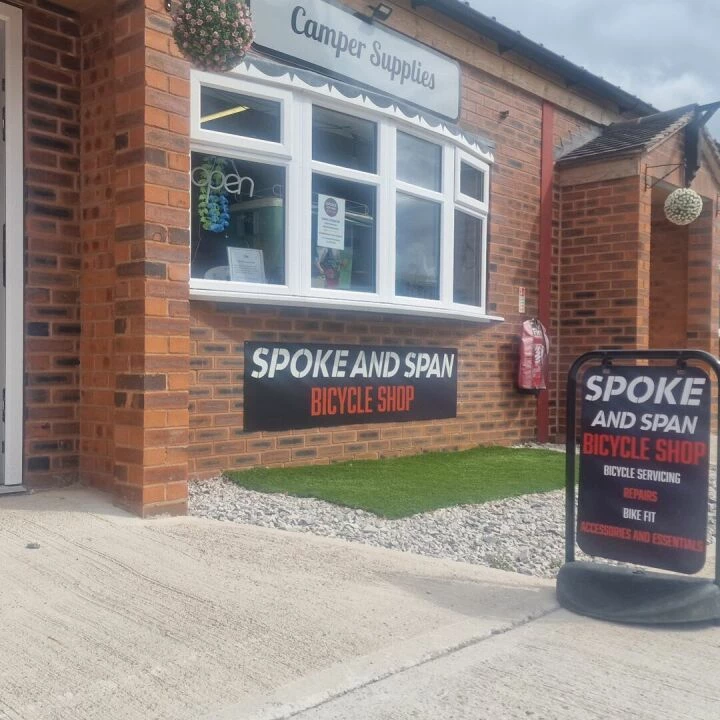



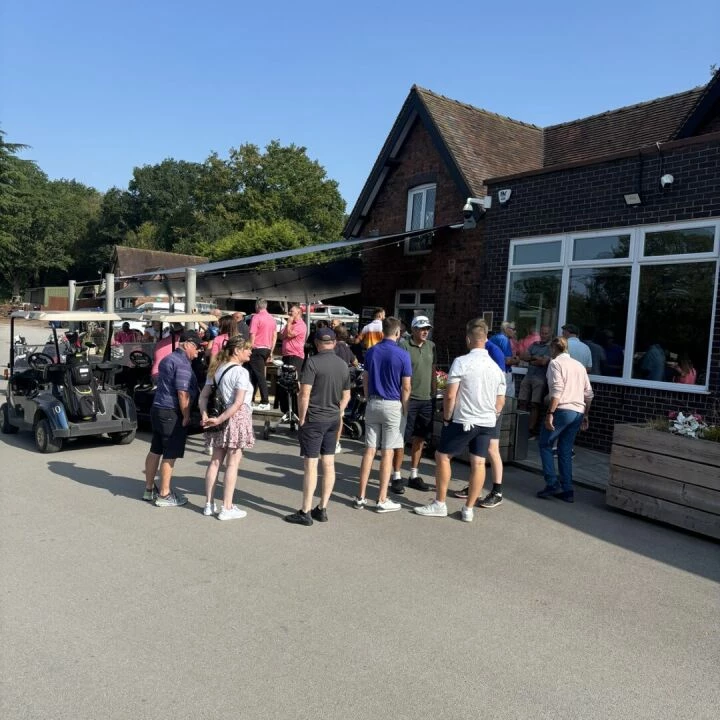
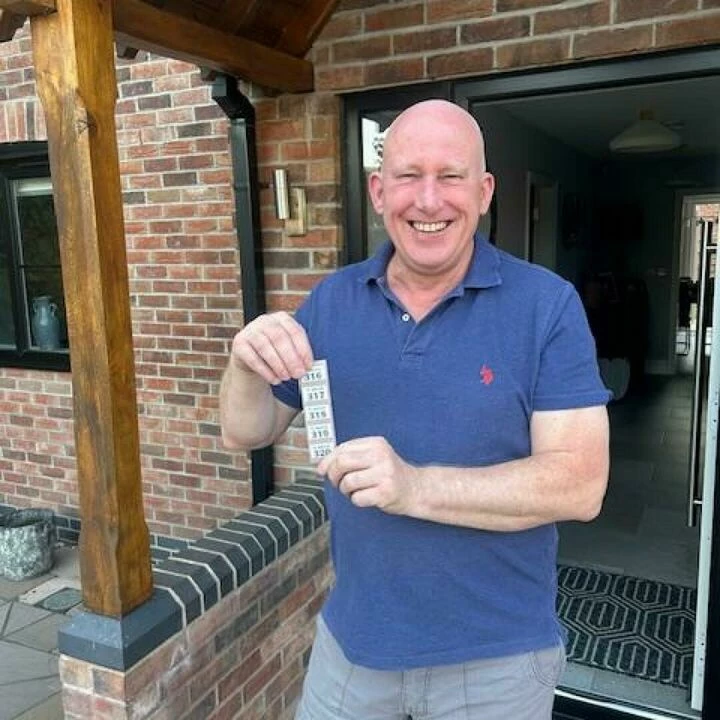
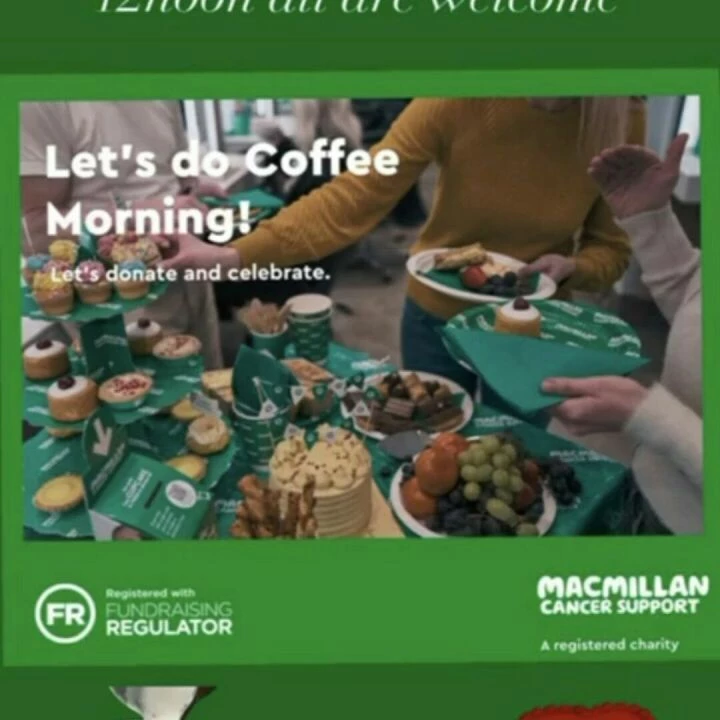
The announcement of a national defibrillator database by the NHS, the British Heart Foundation (BHF) and Microsoft has been welcomed by the region's ambulance service. The partnership aims to map the life-saving devices so they can be made readily available for every out-of-hospital cardiac arrest in the UK.
Defibrillators are small machines which can 'shock' a person's heart into restarting after a cardiac arrest. If this can be done in the first few minutes, patients have a 60-70 per cent chance of making a full recovery. They are easy to use, easy to carry and they won't deliver a shock unless it is required. There is no clinical training required to be able to use the machine.
North West Ambulance Service NHS Trust (NWAS) already holds a list of defibrillators but estimates there are thousands that remain unknown and hidden in businesses, hotel chains, factories, shopping centres and smaller organisations such as social and sports clubs and schools.
The BHF states that public access defibrillators are used in less than 3 per cent of out-of-hospital cardiac arrests, significantly reducing the survival chances of tens of thousands of people every year.
There are over 30,000 out-of-hospital cardiac arrests every year in the UK, but less than 1 in 10 people survive. In countries where the public are better equipped to recognise and deal with cardiac arrests, survival rates are up to three times higher.
Learn how to save a life in under three minutes with Agent Lifesaver – membership@nwas.nhs.uk or call 01204 498 400 for more information.
This article is from our news archive. As a result pictures or videos originally associated with it may have been removed and some of the content may no longer be accurate or relevant.
Get In Touch
AudlemOnline is powered by our active community.
Please send us your news and views using the button below:
Email: editor@audlem.org


